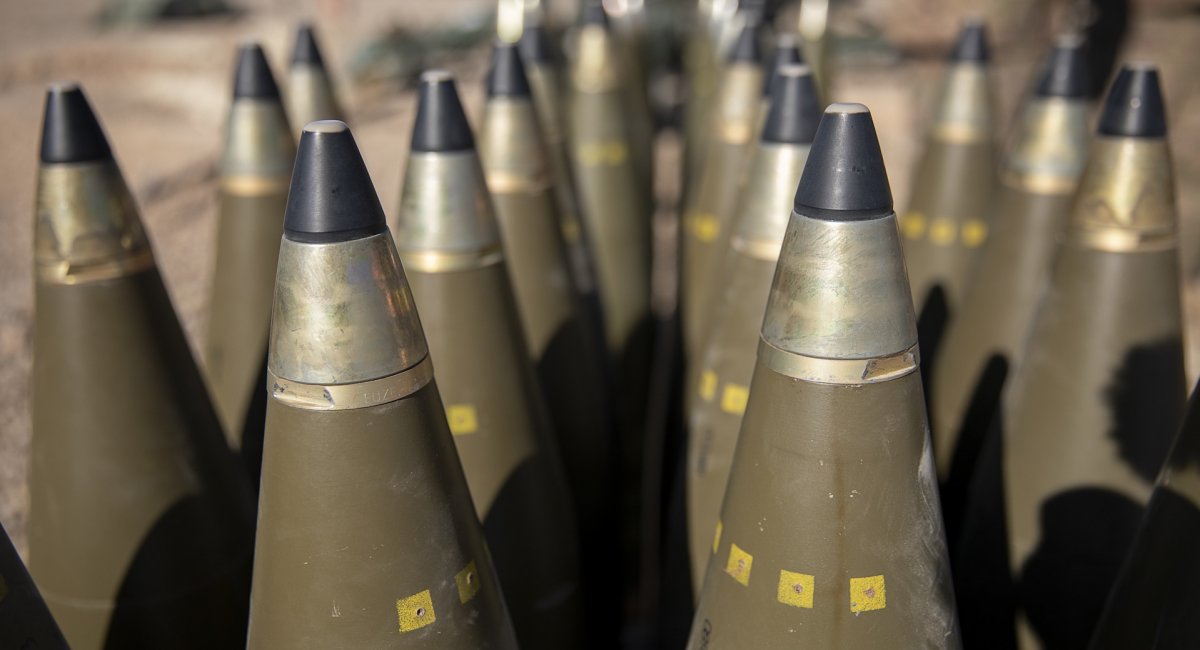No licenses, no ammunition: how an Arizona gun shop “cheated” Ukraine out of $1 billion
28 October 08:20
In June 2022, a small arms company, OTL Firearms, from Arizona (USA), received a $1 billion contract from the Ukrainian state-owned enterprise Progress for the supply of weapons. Ukraine paid 17 million euros in advance, but never received any ammunition. Kyiv has defended its rights in American courts, and now OTL Firearms must return 20 million euros. This was reported by "Komersant Ukrainian" with reference to the Financial Times.
How the billion-dollar contract came about
The agreement, known as the Pr-05 contract, was signed between OTL and Progress, a state-owned Ukrainian arms trading company.
In June 2022, Progress, a state-owned enterprise within the structure of Ukroboronprom, signed a contract with OTL Firearms for the supply of Soviet-era ammunition worth more than $1 billion.
It was about:
- 10 million anti-aircraft shells
- 56 thousand Grad missiles
- 24 thousand mortar shells
- other high-capacity ammunition.
Ukraine transferred 17 million euros in advance, but did not receive a single piece of weaponry.
Who was behind the contract
OTL Firearms was a small gun shop on the outskirts of Tucson, Arizona, located in a typical one-story building. Its owner, Tanner Cook, is only 30 years old.
At the time OTL was awarded the gun contract, her office had only a temporary sign and a few online reviews from local customers praising her “very reasonable” prices.
Despite the modest scale of the business, the company offered to supply ammunition allegedly from Serbia.
Later, OTL’s management began to make excuses:
- delays in payments,
- lack of US export licenses,
- blocking of supplies by the Serbian authorities.
However, the arbitration court found all these arguments to be unfounded.
“Progress refused to answer the FT’s questions about why the company decided to transfer millions to a little-known gun shop in Arizona.
Details of the $1 billion deal
In the deal with OTL, Progress was represented by Kyiv lawyer Mykola Karanko. OTL later claimed in arbitration that Karanko was actually working for the Ukrainian Ministry of Defense, not the company, and that he asked OTL to make payments to unknown “third parties” to keep the contract valid. This allegation remained unexplained in the arbitration. Karanko declined to comment.
Watch us on YouTube: important topics – without censorship
A month after the parties met, they signed a $1 billion contract. By November, Progress had transferred 17 million euros to OTL’s bank account in Arizona. But in December, OTL wrote a letter to Progress apologizing for not sending the ammunition, explaining that it was due to delays in payments from Ukraine. The arbitration judges later rejected this explanation.
“Karanko had previously helped broker an arms deal with Iraq that ended in a civil case in Texas in 2009 in which he was accused of interfering with the arms deal by attempting to bribe Iraqi officials. Karanko and his co-defendant were found guilty and ordered to pay a multimillion-dollar settlement,” the journalist adds.
What the court decided
OTL also cited difficulties in obtaining export licenses. In one of its letters, the company said that the delay was due to “issues related to export licenses in the country of origin of our products.” Serbia, one of the two European countries that have not imposed sanctions on Russia, refused to supply arms directly to Ukraine. OTL later claimed that Serbian authorities blocked the shipment “for political reasons.”
The Vienna tribunal ruled that OTL also did not have the necessary U.S. export licenses at the time of the deal.
The U.S. arbitration ordered OTL Firearms to return to Ukraine not only the €17 million advance payment, but also interest and legal fees, totaling more than €20 million. The company refused to do so voluntarily, and the case went to federal court.
Arizona federal judge Rosemary Marquez confirmed the case: OTL Firearms “did not fulfill the contract and did not deliver the goods,” so the arbitration award is binding in the United States.
Since then, according to the FT, the company has ceased all visible activity at its address and has not responded to requests for comment.
According to the newspaper, the details of this contract reflect the chaos in the military procurement process that prevailed at the beginning of the full-scale invasion, “when Ukraine hastily bought ammunition wherever possible.”
Read us on Telegram: important topics – without censorship









